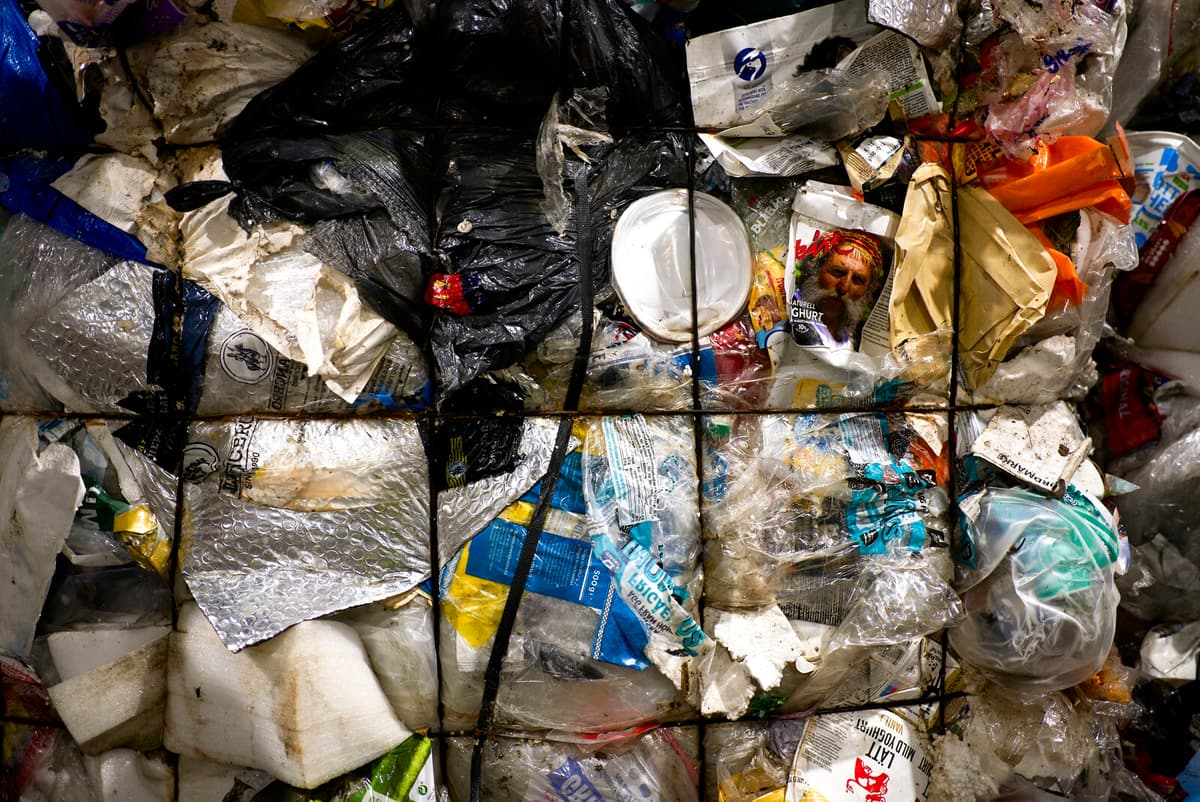As negotiations on my updated draft are still ongoing, this meeting is adjourned to be resumed on August 15, at a time to be announced, said Chairman Luis Vayas Valdivieso according to AFP.
In one camp, a majority of countries, including those in the EU, want an agreement that applies to restrictions on the entire cycle of plastic, from design, production, and recycling to waste management, as well as a global phase-out of certain hazardous plastic chemicals.
In the other camp, countries such as Saudi Arabia, Russia, and Iran want the agreement to only deal with how plastic waste is handled after production and use.
Most countries are in favor of an international agreement with powerful measures and a phase-out of certain problematic chemicals in plastic, for example, BPA in toys. But there are also some countries that want to block the agreement in order to be able to continue producing plastic uncontrolled, says Eirik Lindebjerg, policy chief at the World Wildlife Fund, WWF, on site at the meeting in Geneva, Switzerland on Thursday.
Without obligations
On Wednesday, a draft of a new agreement was presented by the meeting's chairman. It is described by critics as more of a collection of voluntary measures than a binding agreement. It was completely without obligations and was therefore rejected by many countries.
At least 80 countries said no outright. In addition, the text was presented ten minutes before the meeting where it would be dealt with. Many countries did not have time to analyze it, says Bethanie Carney Almroth, professor at the Department of Biology and Environmental Science at the University of Gothenburg, who is present as an expert at the meeting.
She describes Wednesday's atmosphere as somewhat chaotic.
There is hope
There are still very different opinions about what should be included in the decision, for example, whether the agreement should be global and binding or not, and whether plastic production should be exempt from restrictions in order to get all countries on board.
Eirik Lindebjerg is still hopeful.
There are so many countries from so many different regions of the world that want powerful measures against plastic pollution. There is a good foundation to build on. If you cannot agree, the countries that agree can still take the agreement further on their own.
In 2022, the UN Environment Programme, Unep, initiated a discussion on how the world's countries should agree on agreements on, among other things, production, recycling, and waste management of plastic.
The last UN meeting on the issue, which was to be the final one, took place in South Korea in December 2024. It failed.
This week's meeting in Geneva is a continuation of the failed meeting. More than 180 countries are participating.
The global plastic agreement, Global Plastic Pollution Treaty, is proposed to regulate the entire life cycle of plastic and limit the use of certain chemicals in manufacturing.
A number of countries have opposed the restrictions. Among them are several oil-producing countries with interests in the plastics industry.
Another obstacle is that they have not agreed on how the agreement should be voted through - by majority or by consensus.
Forecasts indicate a global increase in plastic production of 300 percent by 2060 if nothing is done.
Only 10 percent of all plastic is recycled globally. 80 percent of all plastic is estimated to remain as pollution in the world.






